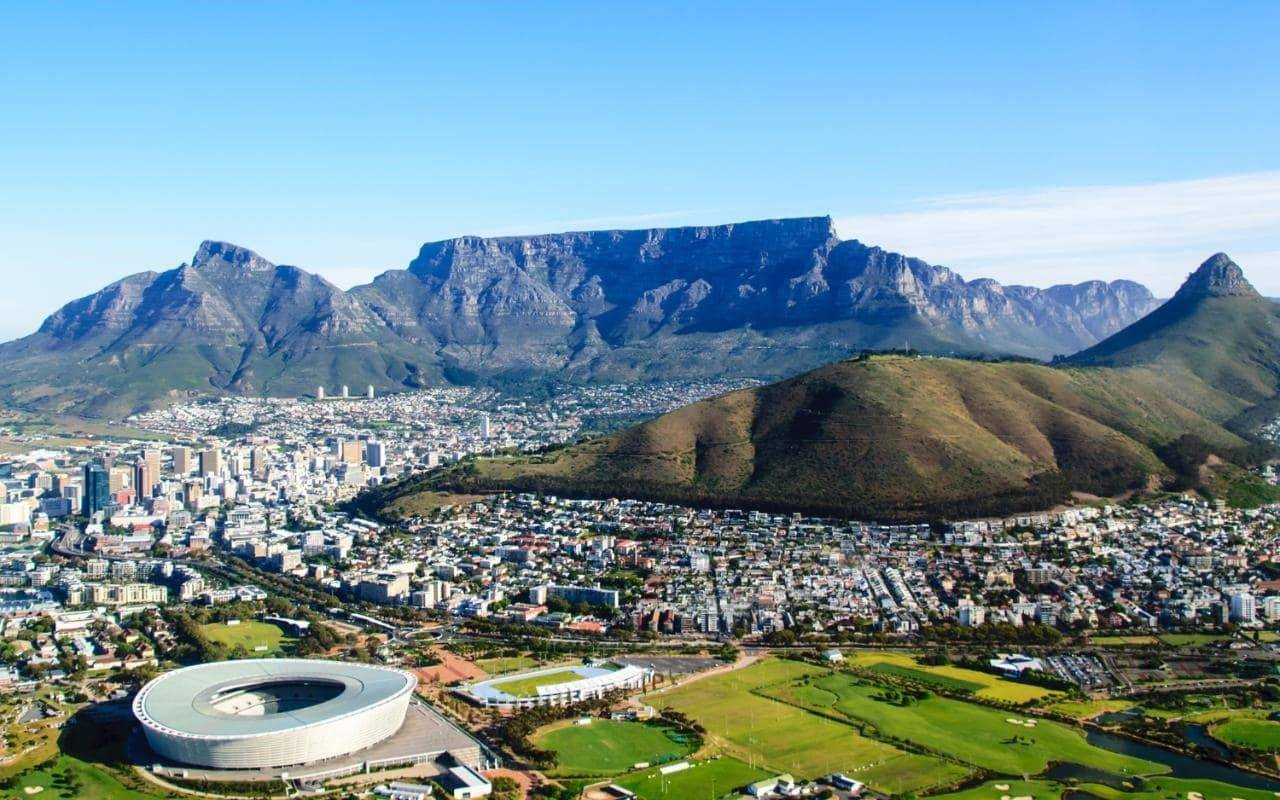SA Economy Rebounds In Q2, Records Unexpectedly Stronger GDP Growth

Latest statistics from Statistics SA show that South Africa’s economy grew by 3.1 percent in the second quarter of 2019.
The economic growth has come as a reprieve for the country having managed to dodge a recession following a 3.2 percent contraction in the first quarter. A country is said to be in a recession when GDP growth dips for two consecutive quarters.
The second-quarter growth was boosted by the mining sector which recorded its strongest growth since 2016. The sector recorded mining output growth of 14.4 percent contributing a full 1.0 percentage point to GDP growth. The growth has been attributed to a stable supply of electricity as well as end of strikes in the gold mining sector.
“There was a strong rebound in iron prices in the months leading to this quarter and remember with mining in the first quarter there were challenges with electricity supply and those have eased a bit,” said Mike Manamela, chief director for national accounts at the statistics office.
While the Southern African country managed to escape recession, experts warn that the growth is not sufficient to help tackle the unemployment crisis in the country.
Further to this, the Cyril Ramaphosa-led government has been advised to deliver more policy certainty so as to boost employment creation as well as investor confidence.
Even though the economy bounced back with a stronger than expected GDP growth, experts say it is not the start of a strong cycle but a return to normalcy following a weak start in the first quarter.
Based on the GDP numbers for Q1 and Q2, it is obvious that for an economy to grow, there has to be a stable power supply. State-owned power utility Eskom supplies over 90 percent of the electricity in South Africa yet it is currently in bad shape.
The debt-ridden power utility suffered a loss of ZAR 20.7 Bn for the year ending March 2020. The utility’s crippled financial and operational situation has continued to pose a huge threat to SA’s economic prospects since it has relied heavily on government bailout to remain afloat, hurting the fiscus.
The state entity’s power plants are nearing retirement and they have not received the required maintenance. The treasury was earlier contemplating on selling Eskom’s coal power plants as part of a restructuring plan rescue the loss-making power utility.
The country experienced load shedding early this year as Eskom protected the national grid from collapsing. The prolonged and frequent outages triggered a slowdown across most sectors in the first quarter.
For the growth to be sustainable, the SA government will have to come up with a workable turnaround plan to ensure the embattled utility is rescued.
Featured Image Courtesy: Twitter